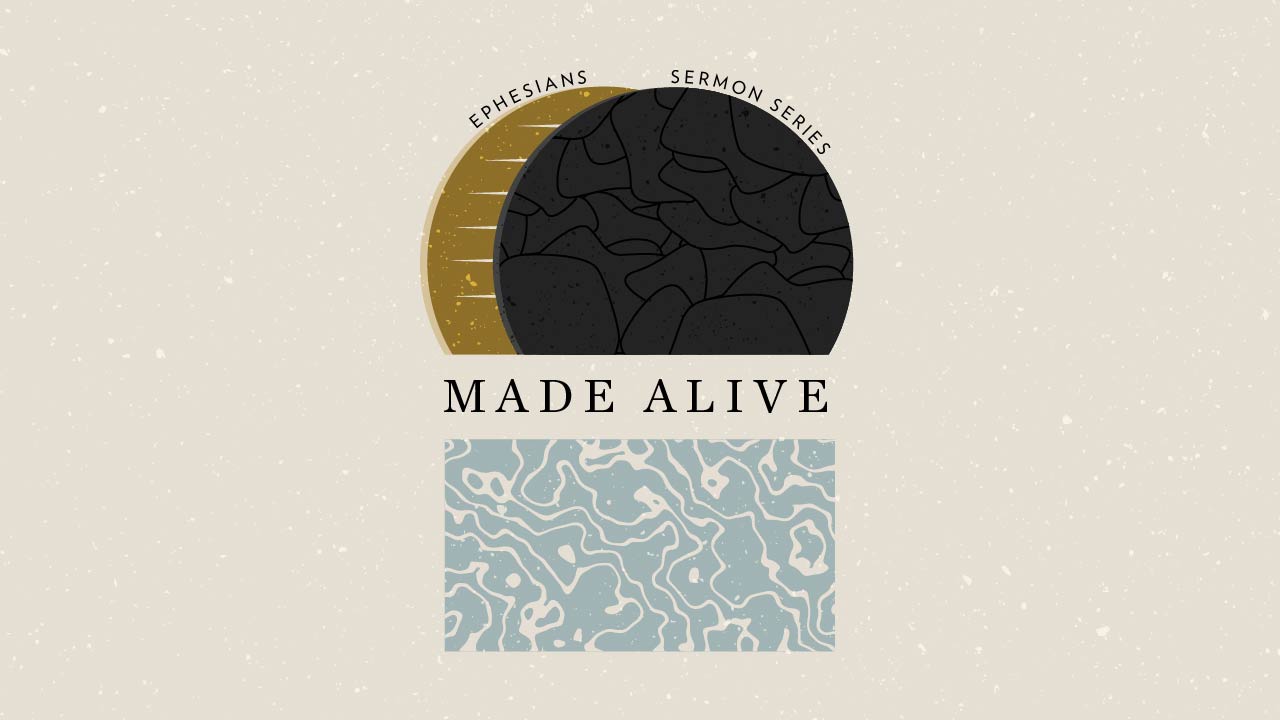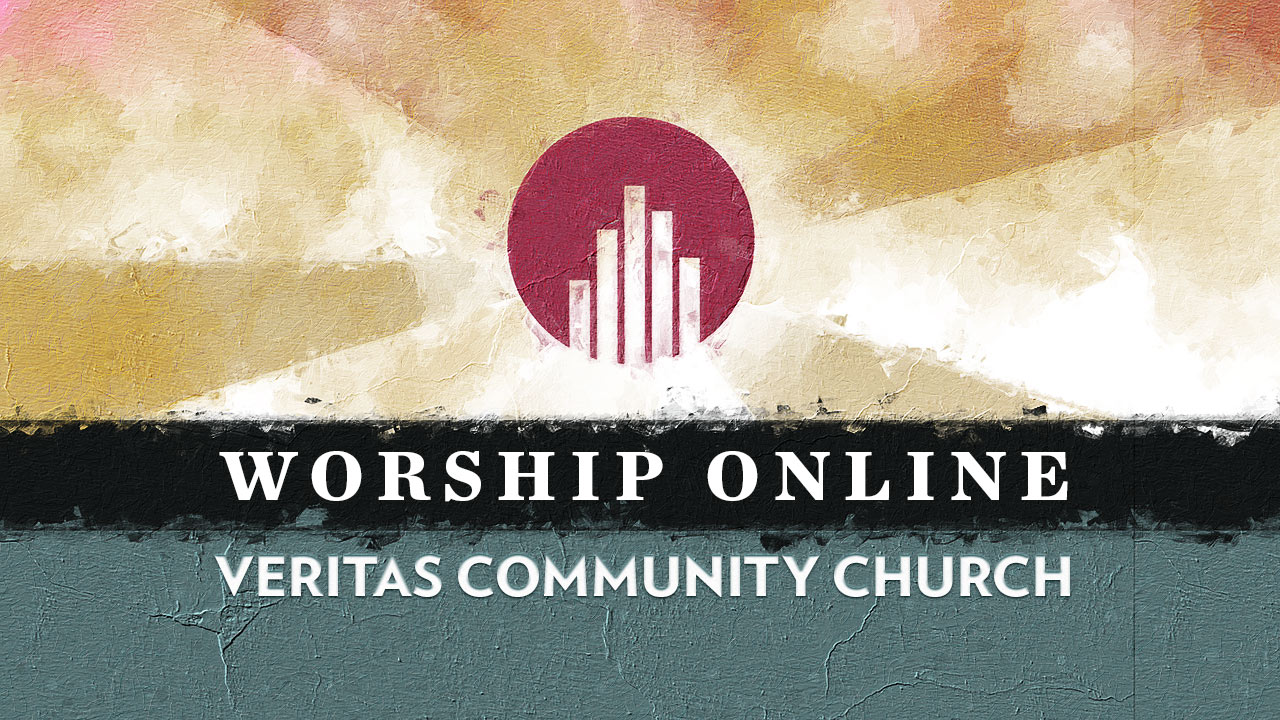
Going to God for Wisdom and for Our Good
Congregation: Short North
Series: Wisdom
Speaker: Matt Martin
Scripture Text: Proverbs 1:1-7
Scripture
The Beginning of Knowledge
The proverbs of Solomon, son of David, king of Israel:
To know wisdom and instruction,
to understand words of insight,
to receive instruction in wise dealing,
in righteousness, justice, and equity;
to give prudence to the simple,
knowledge and discretion to the youth—
Let the wise hear and increase in learning,
and the one who understands obtain guidance,
to understand a proverb and a saying,
the words of the wise and their riddles.
The fear of the LORD is the beginning of knowledge;
fools despise wisdom and instruction.
Proverbs 1:1-7
Discussion Questions
- How do you instinctively tend to read or think about Proverbs? Does it feel clunky or confusing? Do you think of it as a list of rules or nice pithy sayings? Do you love the idea of a book words to live by or does that sound suffocating to you? Do you feel like God is stingy with revealing His wisdom to you?
- Purpose of the Proverbs (vs. 2-4) – The things that Solomon lists here (wisdom, instruction, understanding, insight, righteousness, justice, equity, discretion) are all beautiful things to be desired, but why do you desire those things? Or maybe you don’t desire those things. If that feels more true, why don’t you? (If you want to, read 2 Chronicles 1:7-12 for the story of God granting Solomon wisdom)
- Audience of the Proverbs – (vs. 4-6) – How does the fact that the audience of this book is truly everyone, as Matt described, change how you think about wisdom? (i.e. Do you believe that the wise no longer need wisdom? Why? Do you believe that the young will never understand wisdom? Why?)
- Call of the Proverbs – (vs. 5-6, and Prov. 4:5-9) – Why do you think the Father in Prov. 4:5-9 is so insistent upon his son getting wisdom and insight? How do you think this reflects your relationship with God your Father? What do you think He wants from you?
- Thesis of the Proverbs – (vs. 7) – Matt dwelt upon the correlation between the fear of the Lord as the beginning of knowledge and the fall of Adam and Eve (in Genesis 3) when the pursuit of wisdom went awry. Why do you think this is significant?
- How do we turn from our fear of other things and delight in folly, to fear of the Lord and delight in wisdom?



Comments are closed.